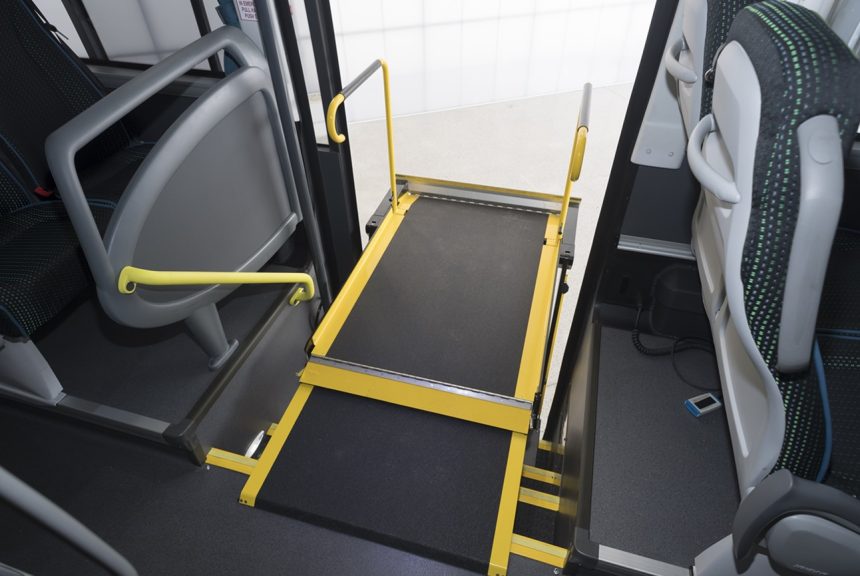The long-held undercurrent of concern around what the review of PSVAR could mean for accessibility in some parts of the coach industry is resurfacing.
That much was clear at the UK Coach Rally on 12 and 13 April, with a data gathering exercise around coach accessibility launched by DVSA and the Traffic Commissioners in the days beforehand having generated interest in the purpose that work.
It claims to require – not request – that coach operators submit information on how their fleets interact with PSVAR and the PSV Accessible Information Regulations (AIR). Yet from the industry’s point of view, it raises several questions but answers none.
Why such an extensive recce is being undertaken in April 2025 when the next steps for the review of PSVAR were first promised for December 2023 is unclear, but the data sought is considerable. Completing the survey is not a five- or 10-minute job.
AIR is closely aligned with PSVAR, as the end of exemptions from AIR for coaches on in-scope rail replacement services is concurrent with the conclusion of the PSVAR medium-term exemption (MTE) regime on 31 July 2026.
One credible line of thought is that the accessibility survey is part of shaping the long-awaited future direction of PSVAR for coach. Local transport minister Simon Lightwood recently said how that would be carried out in partnership with the sector.
If such a view is accurate, that is a worrying development. One trade body notes how data submitted will help the Department for Transport (DfT) in its ongoing work around PSVAR, strengthening the position that the survey forms part of the review process.
Take a 28 April closure for submissions – and no indication of what, if anything, will be done about operators that do not respond – and the omens for clarity on PSVAR in the short-term are bad, if indeed the survey work will influence that.
An alternative train of thought from some interested observers is that the data gathered will partly be used to assess the depth of need for the exemptions end date to move back. The position there already looks relatively clear. The likelihood of all in-scope home-to-school and rail replacement services complying on 1 August 2026 is increasingly modest.
Coach dealerships talk of strong demand for new vehicles showing no sign of slowing. With other nations in Europe in that position, and EU General Safety Regulation 2 work continuing to wash through, multiple European manufacturers will struggle to satisfy the call for new coaches for at least another year to 18 months, it appears.
That comes before supply of items such as passenger lifts – bespoke units made by a handful of suppliers – is considered. Retrofit of existing coaches to gain PSVAR compliance has slowed, meanwhile.
Nevertheless, one figure familiar with the current position believes that the likelihood of a permanent watering-down of PSVAR in coaches is minimal. They warn of the opposite being more likely. Additionally, the impact of any pushback of dates on coach operators that have already achieved compliance must not be forgotten.
That aside, it is increasingly likely that the 1 August 2026 line in the sand for all in-scope services and vehicles to comply with PSVAR and AIR will be missed. What to do about it before that point is reached is rapidly becoming as important as defining the long-term approach to accessibility in the coach sector.



























